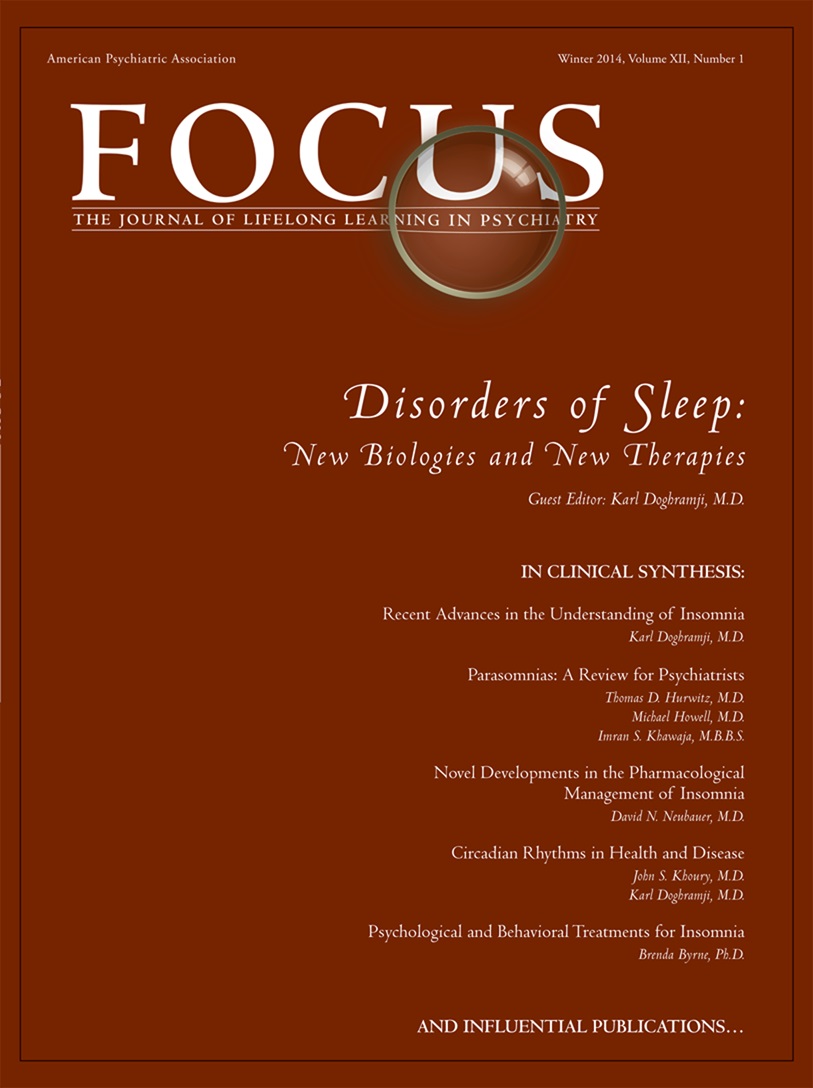Meta-Analysis: Melatonin for the Treatment of Primary Sleep Disorders
Abstract
Study Objectives
To investigate the efficacy of melatonin compared to placebo in improving sleep parameters in patients with primary sleep disorders.
Design
PubMed was searched for randomized, placebo-controlled trials examining the effects of melatonin for the treatment of primary sleep disorders. Primary outcomes examined were improvement in sleep latency, sleep quality and total sleep time. Meta-regression was performed to examine the influence of dose and duration of melatonin on reported efficacy.
Participants
Adults and children diagnosed with primary sleep disorders.
Interventions
Melatonin compared to placebo.
Results
Nineteen studies involving 1683 subjects were included in this meta-analysis. Melatonin demonstrated significant efficacy in reducing sleep latency (weighted mean difference (WMD) = 7.06 minutes [95% CI 4.37 to 9.75], Z = 5.15, p < 0.001) and increasing total sleep time (WMD = 8.25 minutes [95% CI 1.74 to 14.75], Z = 2.48, p < 0.013). Trials with longer duration and using higher doses of melatonin demonstrated greater effects on decreasing sleep latency and increasing total sleep time. Overall sleep quality was significantly improved in subjects taking melatonin (standardized mean difference = 0.22 [95% CI: 0.12 to 0.32], Z = 4.52, p < 0.001) compared to placebo. No significant effects of trial duration and melatonin dose were observed on sleep quality.
Conclusion
This meta-analysis demonstrates that melatonin decreases sleep onset latency, increases total sleep time and improves overall sleep quality. The effects of melatonin on sleep are modest but do not appear to dissipate with continued melatonin use. Although the absolute benefit of melatonin compared to placebo is smaller than other pharmacological treatments for insomnia, melatonin may have a role in the treatment of insomnia given its relatively benign side-effect profile compared to these agents.
(Reprinted with permission from PLOS ONE 2013; 8(5):1–6)



